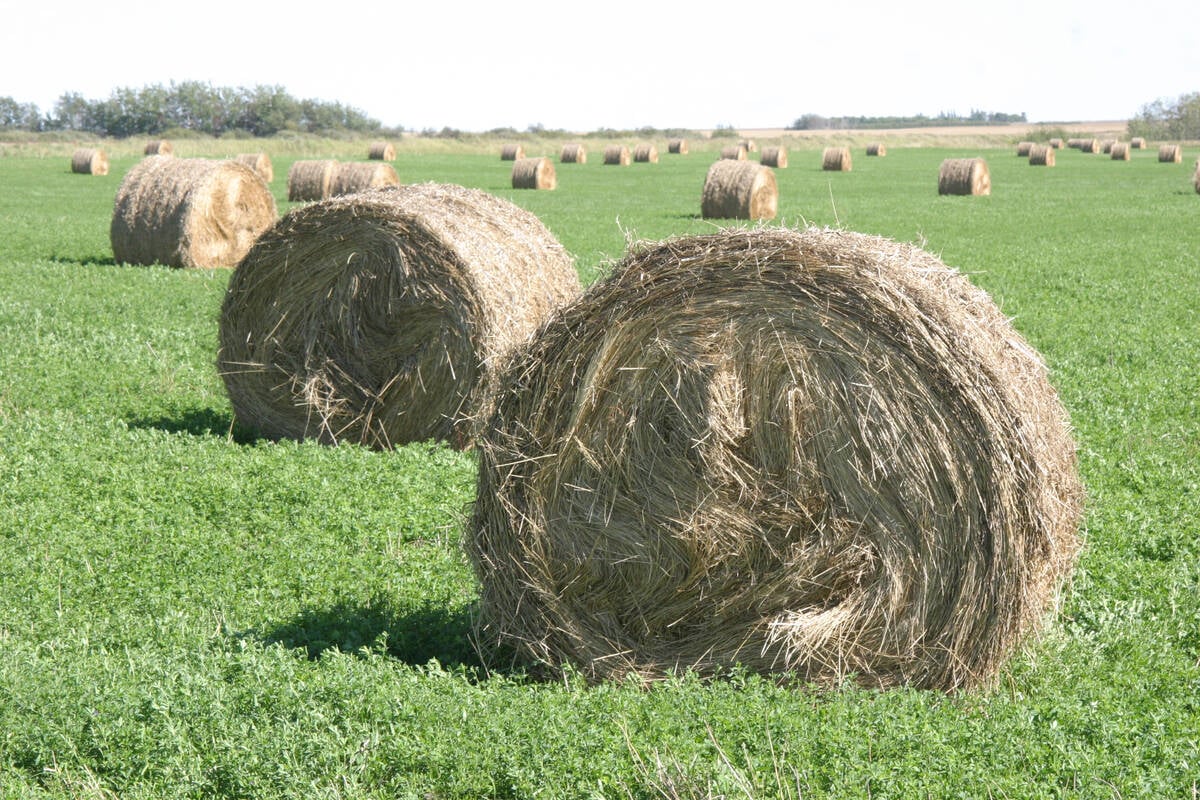Producers will soon be able to keep track of their cattle’s vaccination records from the farm to the feedlot.
The Western Canadian Association of Bovine Practitioners has prepared a generic, one-page certificate for producers and their veterinarians to record calf vaccination programs as well as health information for the entire herd. The certificate is expected to be ready by spring.
“If a producer wants to get a good price for his calves, he’ll have the proper certification with them,” said Paul Christiansen, a Calgary veterinarian with Pfizer Animal Health and one of the program’s organizers.
Read Also

Breaking down successful winter feeding into six steps
It’s that time of year when it is important to start planning for a cow herd’s winter feeding program. Here are six steps I think are necessary to consider when getting your feed tested.
He said the association recognized the need for such a program after feedlots began asking for complete information to accompany calves they were buying.
The certificate will let new owners know if the calves they bought received parasite control and immunization. It will also list dates and dosages and should save money for owners by eliminating unnecessary treatments.
“The new owner can feel comfortable that these animals will perform better,” said veterinarian Paul Burrage of Rimbey, Alta.
“You want to pass that information on to the next guy. He’ll appreciate it and it may bring more value for your calves.”
The certificate will be available in the four western provinces and may be used for individuals or groups.
The form will use the actual name of the vaccine as well as the brand name. There is also room on the form for sequences of identification numbers for age verification.
Because the certificate is voluntary and not a complete health record, it is not likely to include treatments for specific problems.
“It’s not so much a health record for sickness,” Burrage said.
“It’s a health record for prevention rather than an individual health record.”
It is also a good fit for beef producers enrolled in on-farm food safety programs as part of an overall marketing program that guarantees quality and maximizes profitability.
“I try and push these guys to believe that what they are doing is selling a food product,” Burrage said.















